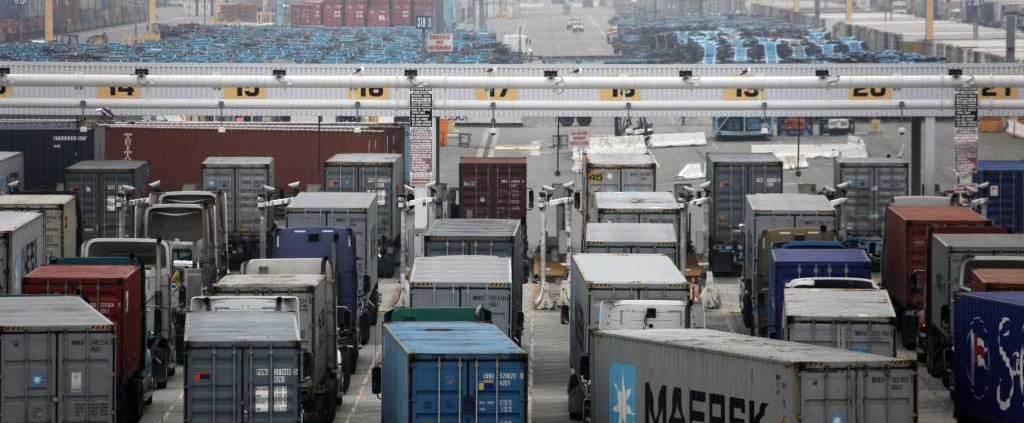Tight Carrier Market Amid Recent Government Shutdown
Carrier Margins Dwindle… Compromising Safety Protocol
Carriers typically base their pass-through costs (fuel surcharges) on the Department of Energy (DOE) weekly price per gallon report. However, since carriers typically purchase “rack price” (or wholesale) fuel, it is hard to predict an accurate pass-through cost due to rack prices being more volatile than DOE price per gallon reports. The recent spikes in diesel fuel costs have been passed on to carriers, thus reducing their margins by over half. Therefore, it would be wise to assume that there will be a brief squeeze on the carrier market due to the price spike in diesel fuel costs.
The recent government shutdown has also affected the National Transportation Safety Board (NTSB) investigations on a reported 87 accidents and counting since the beginning of the shutdown. Furthermore, this NTSB, a sub-part of the Department of Transportation (DOT), understaffing incident has led to inaccurate reporting of accident scenes, impeding insight into safer protocols for carriers.
In conclusion, the insights offered by the two preceding perspectives indicate that the spotlight, now more than ever, is on shippers to vet carrier companies for solid internal safety protocol, ensuring maximum efficiency and shipment safety.
Bottleneck at Southern California Ports
Impending tariff hikes at the beginning of March are putting pressure on shippers to rush product in from China. Among other things, this volume increase alone is causing a bottleneck at the ports of Los Angeles and Long Beach, in the form of chassis shortages and trucker shortages. The combination of the volume increase and the government shutdown is sure to cause delays and ripples across the supply chain. However, the Los Angeles and Long Beach ports are still in better condition than during the 2014-2015 gridlock, according to AGL CEO Jon Slangerup.
Therefore, the current market would imply planning longer lead times in your supply chain, while maintaining a clear focus on carrier vetting for proper safety protocol. There’s no indication yet if there will be other port gridlocks similar to the 2014-2015 incident, but it is wise to assume the most extreme circumstances when planning your own supply chain.
BM2 Freight Services, Inc.
Phone: (859) 308-5100
Email: Sales@BM2Freight.com





Leave a Reply
Want to join the discussion?Feel free to contribute!